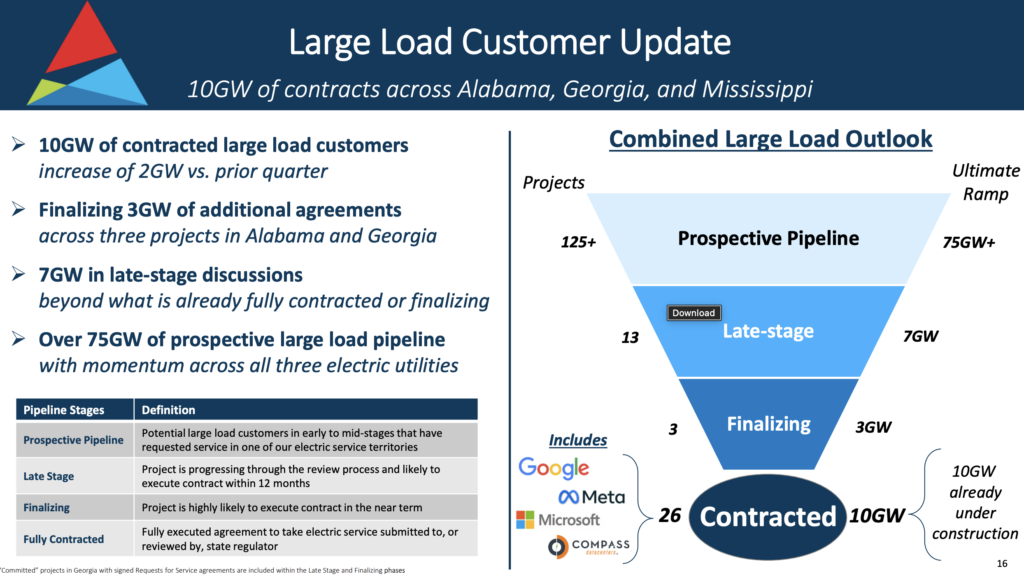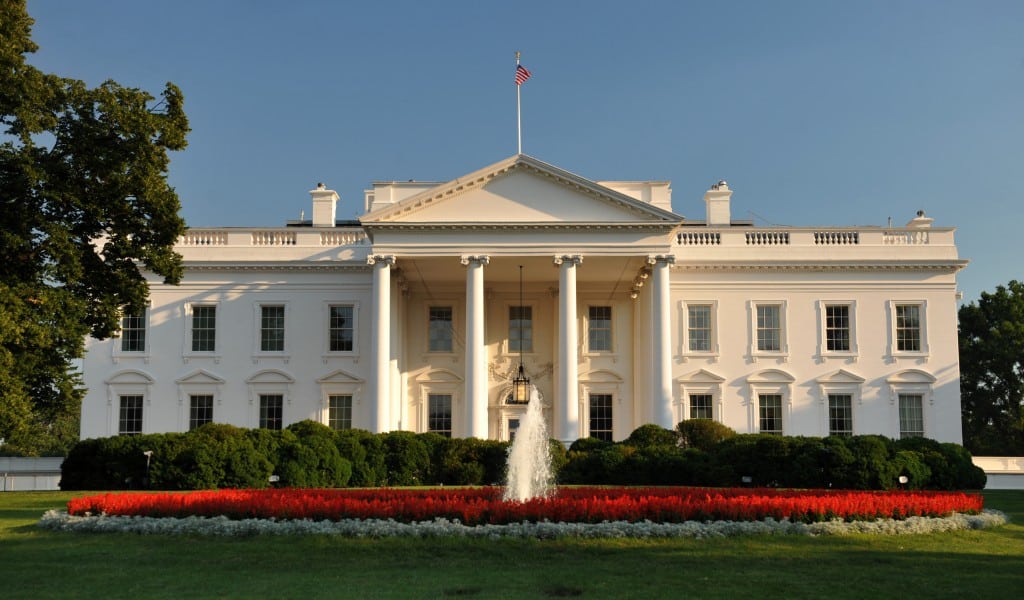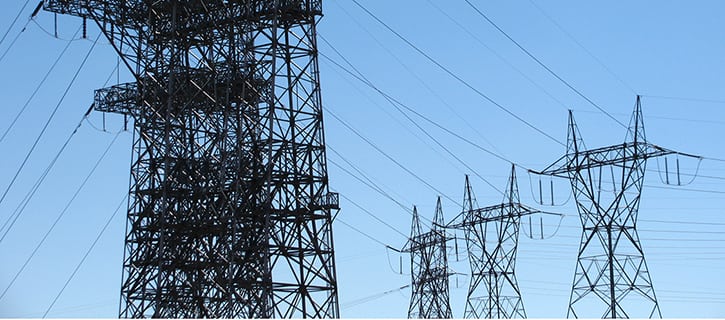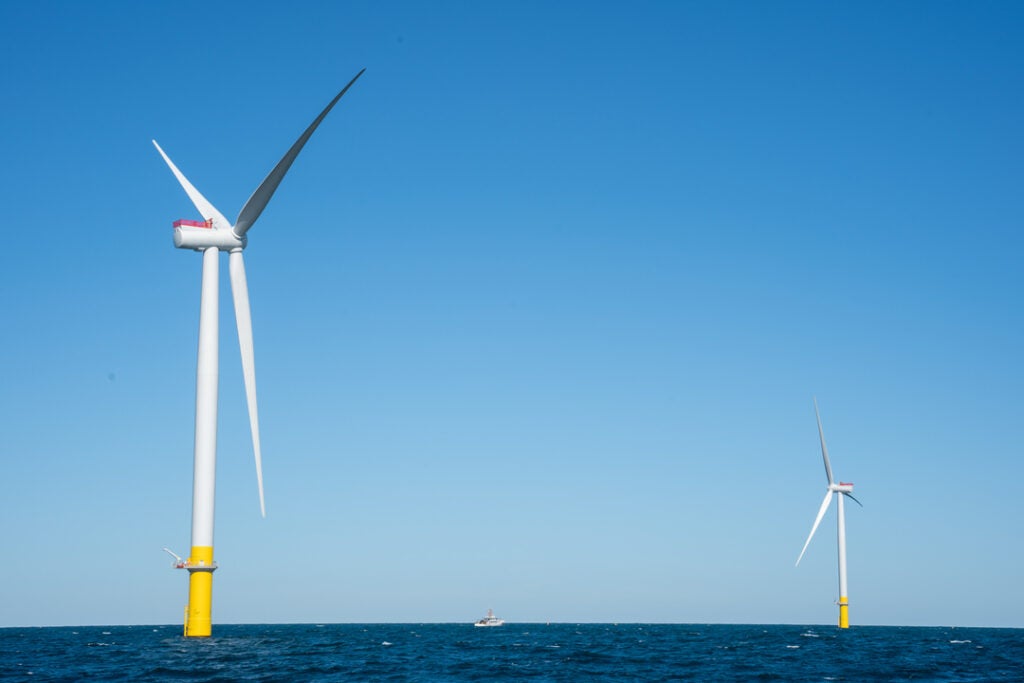Jon Wellinghoff, chair of the Federal Energy Regulatory Commission (FERC), announced on Tuesday that he would resign after a seven-year-long tenure at the gas and power market regulator.
Wellinghoff, whose term as FERC’s chair ends June 30, notified the White House of his intention to resign, though reasons for his resignation were not reported. Wellinghoff is expected to remain at the helm of the regulatory body at least until a replacement has been nominated and confirmed by the Senate.
Before he was appointed FERC commissioner in 2006 and named chairman in 2009, the former Nevada energy law attorney served two terms as Nevada’s first Consumer Advocate for Customers of Public Utilities and authored the first comprehensive state utility integrated planning statute.
Under Wellinghoff, FERC has tackled regulatory measures related to the integration of renewable resources, including providing a platform for the participation of demand response, energy storage, and other distributed resources in wholesale electric markets. FERC also implemented changes to boost infrastructure investment and to confront cyber attacks.
Wellinghoff oversaw the development and issuance of Order 1000, a rule that builds on the reforms of a prior rule and corrects deficiencies with respect to transmission planning processes and cost allocation methods.
Wellinghoff’s departure was lamented by several environmental and renewable energy groups.
"We had heard of his intent to depart at the end of President Obama’s first term, and while he certainly deserves the break we are sorry to see him go," said John Moore, a senior attorney at the Natural Resources Defense Council. "It is not exaggeration to say that Chairman Wellinghoff is responsible for a FERC that has done more to integrate renewable energy resources like wind and solar power, and also harness the potential of energy efficiency and demand response, than any of its predecessors in fulfilling the agency’s duty to regulate the interstate transmission of electricity."
Rob Gramlich, senior vice president of public policy for the American Wind Energy Association (AWEA) called Wellinghoff a "pioneer and strong champion of change overseeing the U.S. electric grid. "He respected the role of states, utilities, and various other stakeholders while challenging all of the players to consider new ways of opening the grid to expansion and innovation," he said.
Sources: POWERnews, FERC, NRDC, AWEA













